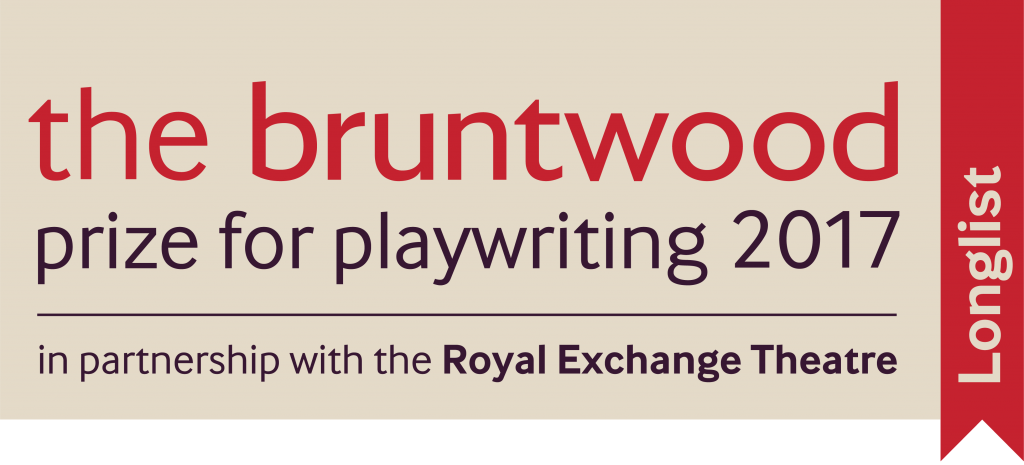Farewell to 2012
In a year of huge personal milestones – getting married, moving to London –I’ve also managed to get some writing done. And now I come to the end of 2012 with a small stack of projects nearly ready for the outside world.
As well as my new play, Closed, I’ve been working on a screen adaptation of my novel Exit Strategies. This has been a challenging and rewarding project as I’ve had to strip the story back to its basics and build it anew as a feature film. Minor characters and subplots have gone by the wayside and I’ve had to ask myself: what is this story really about? What is the point of this film?
And the answer I’ve found is a very old question: can money buy happiness? My central character, Vic, believes that it can. Indeed, he knows the precise figure which will trigger a life of blissful content. The trouble is, how can he prove his theory true without causing others to be unhappy? I finished the first draft of the screenplay just this morning and I can’t wait to get started on the rigorous second draft in the New Year.
Also in the New Year I want to film a short adaptation of my play The Interview. I’ve got a script ready and I’m talking to a few people about putting a production together. More news on that soon I hope.
Away from my own work, highlights of the year included Duncan Macmillan’s Lungs at Shoreditch Town Hall, a wonderfully sharp, witty and genuinely touching play about a couple deciding whether to have a child. The writing is uncannily, sometimes unbearably accurate about the contradictions, deceptions and self-deceptions of human relationships.
Also, the North Sea Scrolls at St Pancras Old Church was a treat. This collaboration between Luke Haines, Cathal Coughlan and Andrew Mueller presents an alternative history of the British Isles strung around a set of beautifully crafted songs. Esoteric, hilarious, bizarre – and, crucially, the playful conceit doesn’t dull the melodic intensity. And there’s an album too.
So there we have it. Another year passes into history. See you on the other side.
